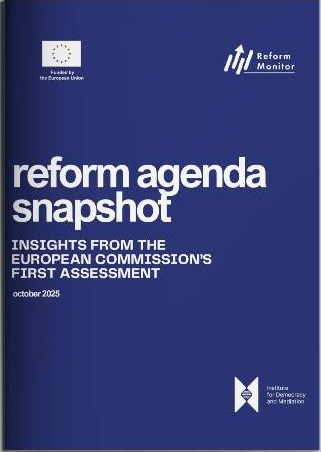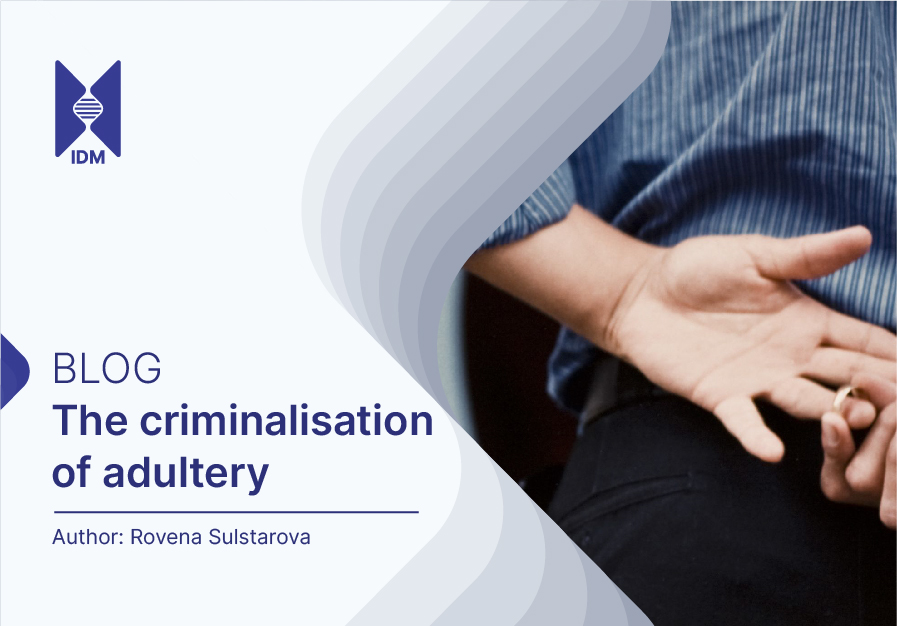The criminalisation of adultery.
Author: Rovena Sulstarova
These days, the proposed amendments to the Criminal Code, regarding the criminalization of adultery during marriage or cohabitation with one or several partners at the same time, are circulating in the media. According to the provisions of the Family Code in our country, marriage takes place between a man and a woman, who obtain the same rights and assume the same obligations. One of the mutual obligations arising from the institution of family is loyalty, which is the cornerstone of trust and commitment in a relationship.
Traditionally, “fidelity” has been considered a moral obligation and not a matter for legal intervention as envisaged by the new proposed amendments to the Criminal Code. More specifically, this proposal proposes that: ‘Maintaining two or more marriages at the same time, or cohabitation with one or more partners at the same time, is punishable by a fine or imprisonment of up to 3 years.’ ‘If bigamy continues after the first conviction, it is punishable by imprisonment from 6 months to 4 years’.
While the breach of fidelity can have profound personal and emotional consequences for individuals in a relationship, the question arises whether criminalizing infidelity with these legal changes is a justifiable step.
In the institution of marriage morality and law coexist, but they are separate spheres that cannot overlap each other. Fidelity has long been held as a moral and ethical value within societies. It is essentially a matter of personal responsibility and mutual understanding between individuals in a relationship. Criminalizing violations of fidelity brings the state into the intimate sphere. This is a step that not even the totalitarian state formally dared to take, which indirectly and selectively punished adultery based on political criteria.
The proposed changes also affect the right to privacy, which is a fundamental human right that includes personal autonomy and the freedom to make choices within the limits of the law. Intimate relationships fall under the umbrella of private life and individuals have the right to decide how to conduct their personal affairs. In marriages or families, rifts in love and mutual respect cannot be repaired by the law. Also, in the case where both parties/individuals are aware and accept a non-traditional relationship structure, or in the case where they are actually separated, but have reasons not to go to court to formalize it, the criminalization of the relationships they have with other partners, may be seen as unfair and a violation of the right to consensually determine the terms of one’s relationship. In general, the European Convention on Human Rights also aims to establish a balance between individual rights and societal interests. It recognizes the right to respect private and family life (Article 8 of the ECHR), but this
right is not absolute and may be subject to restrictions, provided that they are proportionate and necessary in a democratic society.
Society, instead of criminalizing fidelity violations, can promote education, counseling and support for individuals and couples facing challenges in their relationship. These mechanisms address relationship issues without resorting to legal punishment. Providing resources to address basic marital and family issues can contribute to shaping and consolidating healthier relationships without the need for legal ramifications.
In conclusion, the debate between the right to privacy and legal punishment for marital infidelity involves maintaining the delicate balance between individual liberties and societal interests. Achieving a thoughtful and balanced approach that respects personal autonomy while addressing broader societal concerns is essential in shaping effective and just legal policies.






